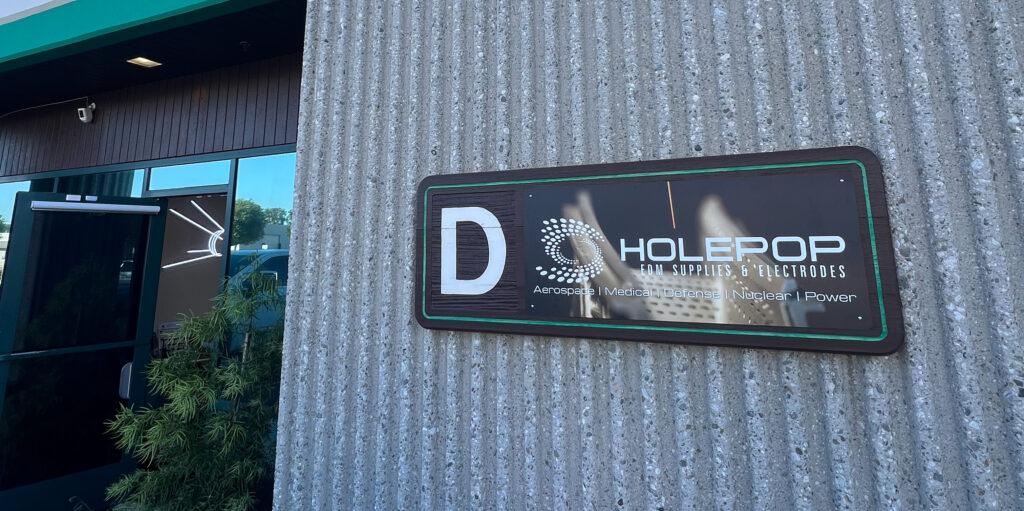

Holepop and Research
What Excites us About Research
Though we normally cater to those in manufacturing industries, a small but significant proportion of our customers are research institutions. By more than any other customers, we are humbled by these. Not only because our company was founded on a passionate interest in science and discovery, but because those doing research are constantly surprising us with their novel applications for our electrodes. Of course, it’s only natural. It takes a characteristic inventiveness to devise solutions to questions that have only just been asked. It is this inventiveness that makes working with research institutions so refreshing. It serves to inspire us, and reminds us that research is the foundation upon which all of our other customers’ businesses are built.
How Can We Help Your Institution?
We admire research institutions, and value the opportunities to offer solutions for their EDM needs. To this end, we go out of our way to offer such institutions very competitive prices. Because we know that it’s one thing to paint a romantic picture of research and development; it’s another thing completely to acknowledge the prosaic and eminently frustrating difficulties faced by researchers. Research is often held hostage to tight budgets, and we would be loath to aggravate the problem. When working with research institutions, our prime concern is not profit. It is that your research is conducted smoothly.
Institutions We Have Worked With
Colleges such as the University of North Carolina, Case Western Reserve University, Yale, the University of New Hampshire, the University of Nebraska, and the University of Malta in addition to the Pacific Northwest National Laboratory have taken advantage of our services in order to carry out research. We are proud to be associated with these institutions, and hope to cultivate the same relationship with yours.
Case Study


As mentioned above, it is not uncommon for researchers we work with to use our products for something other than electrical discharge machining. For example, a customer approached us that needed small tubes to be used for heat exchangers on a custom circuit board. They could not just be single hole tubes either, as they needed to transfer fluid in two directions, and needed to have a diameter of 0.4mm. Based on their specifications, we suggested that they use small web-type (dual-channel) electrodes. The small diameter was unusual however, and normally we wouldn’t manufacture electrodes at a diameter smaller than 0.5mm. In spite of this, we took the extra effort to manufacture their required electrodes, pushing us towards innovation, and fulfilling the customer’s requirements.

